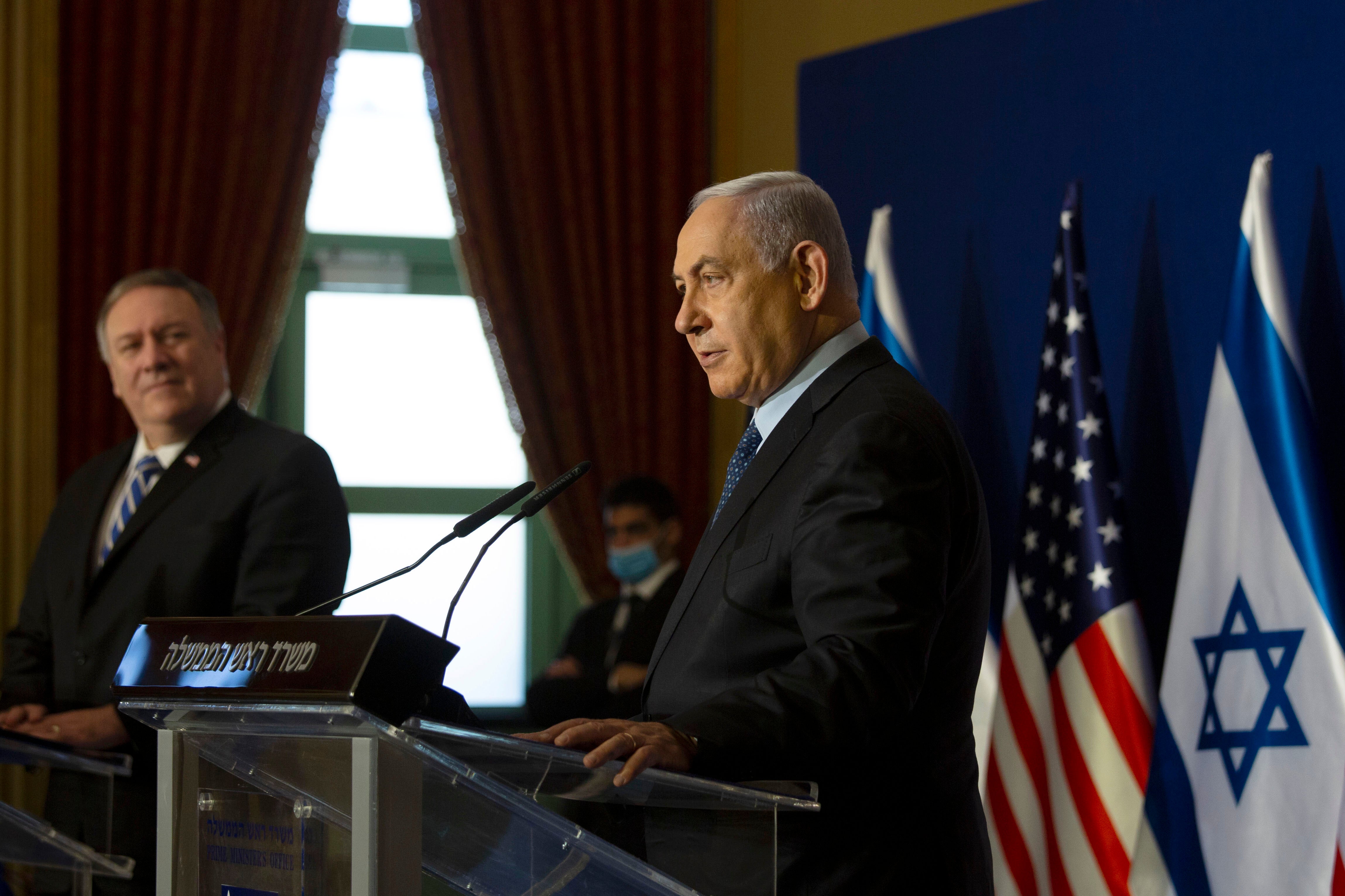What does the ‘aborted’ summit mean for Saudi-Israeli relations?
Sean O'Grady considers whether the arrival of the Biden administration could lead to warmer ties between the two nations

My enemy’s enemy is my friend” is an ancient saying that has found many applications over the centuries. The latest is for the obviously uneasy and clumsy pas de deux between Israel and Saudi Arabia, and the recent summit that never was in Neom.
The meeting, that is, between the Israeli premier, Benjamin Netanyahu, and the crown prince of Saudi Arabia, Mohammed bin Salman (MBS). They’re not exactly pin-up boys for the international human rights movement, but the mysterious meeting has the distinction, depending on which side you believe, of being abandoned even though it never took place. Conveniently for the summit that never was, the outgoing US secretary of state, Mike Pompeo, was in the region for the G20 summit.
Traditionally and formally, Saudi Arabia and Israel are enemies. Saudi Arabia’s stated attitude to Israel is that it should abandon the territories occupied in the 1967 war and afterwards before any rapprochement can take place. The king of Saudi Arabia, who has delegated most of his powers to the crown prince, holds to UN Resolution 242, and the Arab League policy that a proper Palestinian state be established before diplomatic relations with Israel begin and an embassy opened.
Subscribe to Independent Premium to bookmark this article
Want to bookmark your favourite articles and stories to read or reference later? Start your Independent Premium subscription today.
Join our commenting forum
Join thought-provoking conversations, follow other Independent readers and see their replies